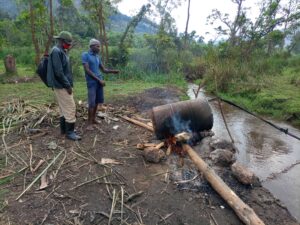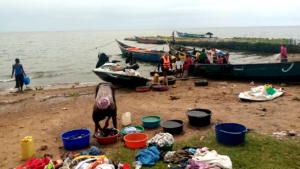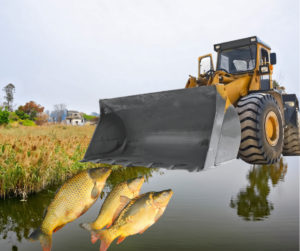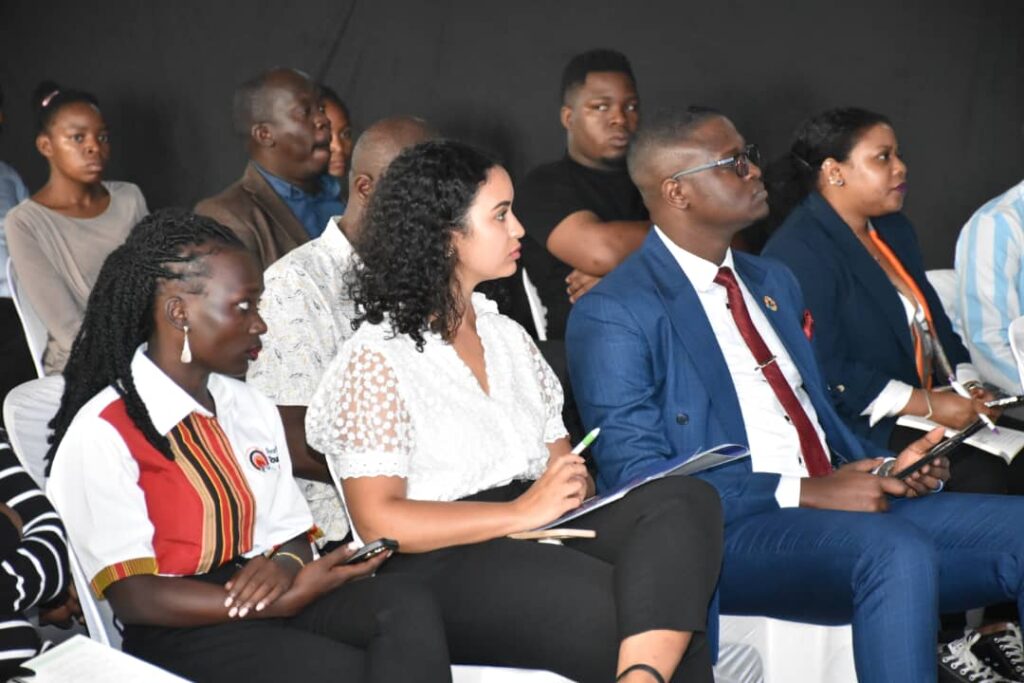
Oceans absorb carbon 50 times more than any modern technology today
Climate change is increasingly becoming a global challenge and all state and non-state actors are obliged to play a role to save and promote environment and its biodiversity. One of the components of biodiversity that needs urgent and collective attention is maritime resources which include oceans and seas.
As part of this global strategy to protect oceans and other water bodies, the Embassy of France in Uganda in partnership with Girls for Climate Action, organised a public dialogue comprising climate change activists, academics, policy makers, youth, media actors and other experts in Kampala on May 22, 2025 to discuss measures for conservation and sustainable use of oceans, seas and other marine resources in line with the UN Sustainable Development Goal 14, ahead of the United Nations Ocean Conference (UNOC25) due to take place in Nice, France, from June 9th-13th this year.
“The ocean is our common good. It feeds and protects our peoples. It makes us dream and travel. It provides us with sustainable energy, trade, resources and infinite scientific knowledge. Even if Uganda is landlocked and does not have access to the sea, it benefits from the ocean and should therefore protect it. Most of its international exchanges transit by Mombasa and Dar-es-salaam. More important, the ocean provides all human beings on earth with more than 50% of the oxygen we respire. It also absorbs 30% of the CO2 we produce and thus mitigate the impact of global warming,” David Germain-Robin, Head of Cooperation and Cultural Affairs at the French Embassy in Uganda, said while opening the dialogue on the forthcoming UN Ocean Conference 2025 (UNOC25) in Nice, France.
The Kampala dialogue was part of the preparations for the Third UN Ocean Conference which will be co-hosted by France and Costa Rica in Nice this month to discuss ways to accelerate global action to protect and sustainably use marine resources such as oceans and seas.
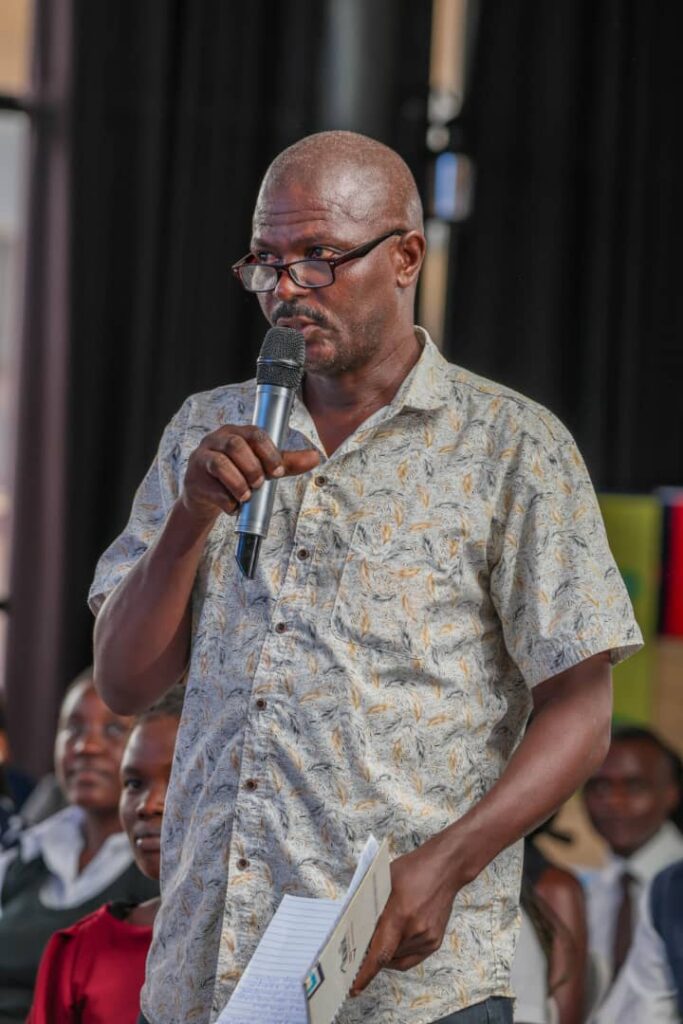
During the dialogue in Kampala, it was pointed out that Uganda has a big stake in the ocean and sea waters because of its inland water resources, which are shared with other countries, and the attendant effects of trans-boundary climate change.
River Nile originates from Uganda spans three countries: South Sudan, Sudan and Egypt, before it pours its waters into the Mediterranean Sea. Lake Victoria is shared by three East African countries; Uganda, Kenya and Tanzania. These are some of Uganda’s inland and cross-boundary water bodies of significant regional climate change impacts. Pollution or any other degradation of these water bodies has significant impacts on the interstate climate change.
“Uganda has signed the 2022 COP 15 “Kunming-Montreal Declaration” of the convention on biological diversity; it involves the protection of 30% of Ugandan ecosystems but also 30% of oceans… At the same time, 43% of oceans are considered as international waters, therefore do not belong to any state,” the French embassy said in a statement.
The Kampala dialogue themed on “Strengthening Youth Leadership for Ocean Action,” comprised mostly young people. The dialogue underlined the importance of young people to environmental conservation and climate change mitigation. The youth were implored to promote climate and ocean justice. “Their innovative ideas, lived experiences and energy are vital to creating inclusive and sustainable solutions. By engaging in this dialogue, young people can amplify community perspectives, hold decision-makers to account and help shape Uganda’s position in global negotiations such as UNOC25,” the embassy statement reads in part.
The Head of Programmes and Strategy at Girls for Climate Action, Joanita Babirye, observed: “We need to protect our waters especially River Nile which crosses other countries and pours into the sea. What happens in the river in Uganda also affects the sea downstream.” Her counterpart Moses Egadu, the Country Representative of International Union for Conservation of Nature, added his voice on Uganda’s stake in protection and sustainable use of oceans and seas.

“Although Uganda is landlocked, it affects ocean waters or should be concerned about the oceans and seas because Ugandan business people may own ships on these waters. Therefore protection of these waters is very important for their maritime businesses,” Egadu reiterated at the public dialogue.
The importance of oceans in climate change mitigation was further amplified by Shafiq Nedala, the co-founder of Mountain Innovation and Research Institute.
“Oceans absorb carbon about 50 times more than any modern technology that has been developed,” Nedala said.
Other key speakers included Hilda Flavia Nakabuye, the Executive Director of Fridays for Future Uganda, and Shiba Ainomugisha of National Association of Professional Environmentalists who called for use of indigenous knowledge and concerted efforts with local communities to fight climate change, protect nature and save mankind from global warming and adverse weather impacts.
